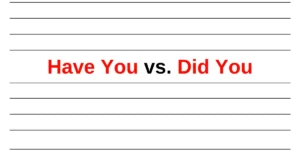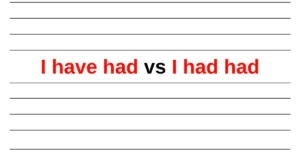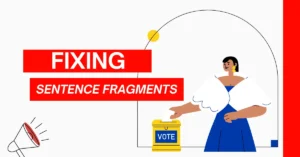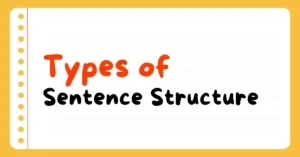Double Positives in Question Tags – These aren’t your typical yes-or-no questions. Double positives add emotion to your speech—whether you’re showing interest, surprise, sarcasm, or disbelief.
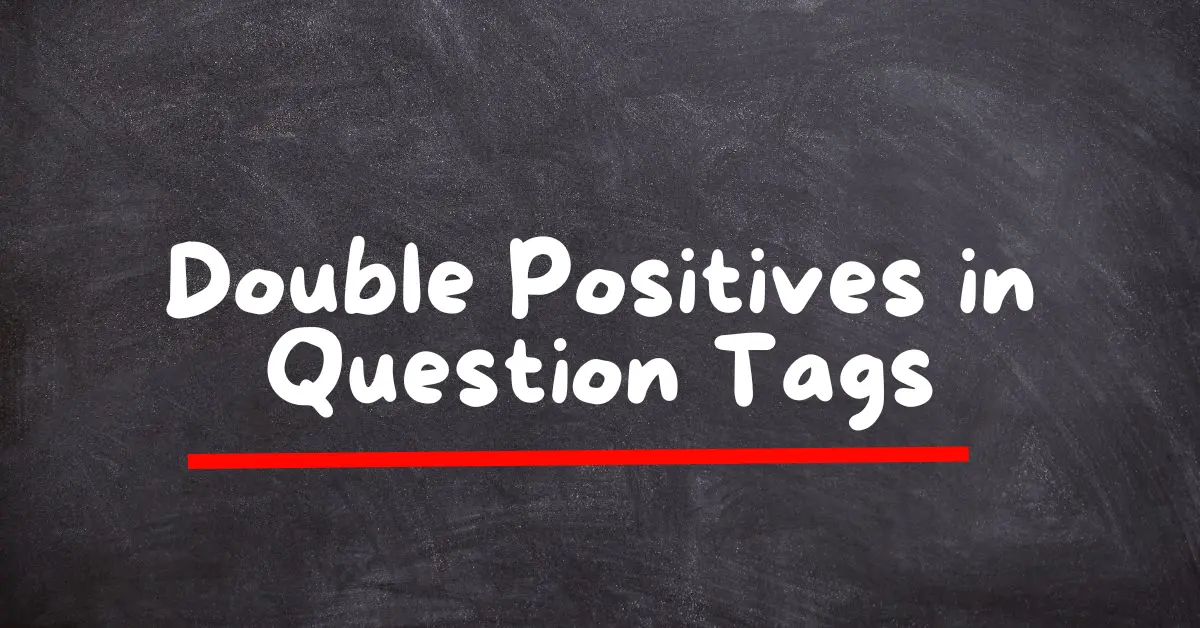
What Are Double Positives in Question Tags?
Double positives happen when both the main sentence and the question tag are positive. But here’s the trick: these aren’t real questions! Instead, they show your emotions or confirm assumptions in a dynamic way. Think of them as tools to express surprise, sarcasm, interest, or even disbelief. 🧐

How to Use Double Positives in Question Tags
1. Expressing Surprise 🤯
Use double positives to show that you’re caught off guard or amazed by what someone said.
- Example:
- A: I’m getting married in May.
- B: You’re getting married, are you?
💡 Notice how the speaker repeats the information to show surprise.
- Practice Time:
Imagine a friend says, “I won the lottery.” Respond with a double positive:
👉 You won the lottery, ______ you?
2. Expressing Sarcasm 😏
Want to add a little attitude? Double positives let you show sarcasm with style.
- Example:
- You think you’re funny, do you? Well, I don’t.
This adds a playful (or annoyed) tone!
- You think you’re funny, do you? Well, I don’t.
- Try It:
Your sibling brags, “I can run faster than you!” Respond with:
👉 “You can run faster, ______ you? Let’s race then!”
3. Expressing Anger 😡
When emotions run high, double positives help you express frustration effectively.
- Example:
- You are sorry now, are you? Well, you should have said so earlier!
💡 Here, the tone shifts to show anger or irritation.
- You are sorry now, are you? Well, you should have said so earlier!
- Roleplay:
A colleague missed an important deadline and says, “Sorry for being late.” Respond with:
👉 You’re sorry now, ______ you?
4. Expressing Disbelief 😳
When something seems hard to believe, use double positives to convey your doubt.
- Example:
- Oh, so you’ve been here all the time, have you?
This expresses disbelief mixed with curiosity.
- Oh, so you’ve been here all the time, have you?
- Your Turn:
Your friend claims they’ve seen a UFO. Respond with:
👉 Oh, so you’ve seen a UFO, ______ you?
5. Showing Interest or Curiosity 🤔
Double positives can also show you’re intrigued or excited about something.
- Examples:
- Oh, so this is your house, is it?
- So you’ve opened a restaurant, have you? That’s wonderful!
- Activity:
A classmate tells you they’re about to graduate. Respond with:
👉 “So you’re about to graduate, ______ you? Congratulations!” 🎉
6. Confirming Assumptions ✅
Sometimes, double positives are used to check if your guess is correct. These sound polite and thoughtful.
Also Read: Double Negatives: Basic Rules of Speaking English
- Examples:
- She’s been training to be an anesthetist, has she?
- This is the final match of the season, is it?
- Quiz Yourself:
How would you respond if someone says they’ve finished a big project?
👉 “So you’ve finished the project, ______ you?”
How to use Double Positives Like a Pro
- Repeat the main sentence:
- Repetition is key to sounding natural.
- Match your tone to the emotion:
- Surprise? Interest? Sarcasm? Adjust your voice to reflect it.
- Practice with real-life scenarios:
- Use these during conversations to make them fun and expressive!
Wrap – Up
Double positives in question tags make your English sound vibrant and emotional. Whether you’re surprised, sarcastic, or just curious, these phrases help you connect with others in a deeper way.
What do you think of today’s lesson, do you? 😉
Explore More:
- Well vs. Good: What’s the Difference and When to Use Each
 What is the difference between good and well. These two words might seem similar, but they’re used in …
What is the difference between good and well. These two words might seem similar, but they’re used in … - Have You vs. Did You: What’s the Real Difference?
 Imagine you’re meeting a friend in the evening, and you want to ask if they …
Imagine you’re meeting a friend in the evening, and you want to ask if they … - Difference Between I have had and I had had
 Have you ever found yourself tangled in the web of “I have had” and “I …
Have you ever found yourself tangled in the web of “I have had” and “I … - Understanding and Fixing Sentence Fragments
 In this lesson, you will be learning about sentence fragments. Ever written something that looks like …
In this lesson, you will be learning about sentence fragments. Ever written something that looks like … - Types of Sentence Structure: Simple, Fragmented, or Run-On
 In this English Grammar lesson, you’ll be learning about sentence structure, specifically focusing on simple sentences, fragments, and run-on …
In this English Grammar lesson, you’ll be learning about sentence structure, specifically focusing on simple sentences, fragments, and run-on …

